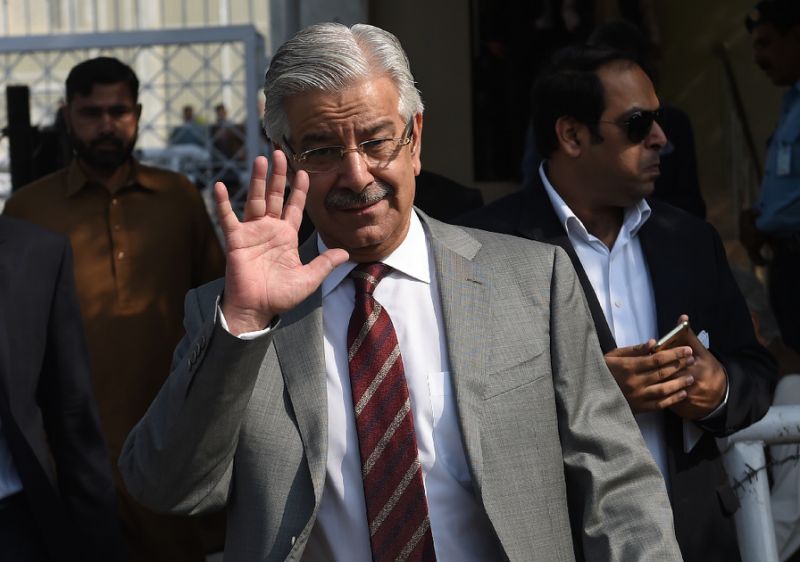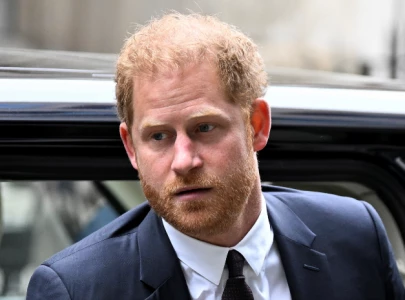
The minister was briefing the Senate Standing Committee on Defence on his recent talks in the United States and his interactions with US think-tanks on relations between the two countries.
“The things which due to diplomatic norms couldn’t be said were discussed during these talks after which the US changed its stance,” Asif said, adding that a US delegation, led by Lisa Curtis, the senior director for South and Central Asia at the National Security Council, stressed upon restoring contacts between the two countries during a recent visit to Islamabad..
After Trump’s bluster, US hints at possible change in Pakistan policy
Since President Donald Trump’s statement in the UN General Assembly, Pakistan went on to correct its image and rejected the baseless allegations by US officials who wanted to scapegoat Pakistan for US failures in Afghanistan.
“After the new US policy, I visited four important countries of the region, consulting Saudi Arabia on the matter. All of the countries favoured Pakistan’s stance as they too had their reservations on the policy,” the foreign minister said.
He further said that after the announcement of the new policy, Pakistan had to cut off ties with the United States to send a clear message that it won’t accept becoming a scapegoat.
US sanctions Kashmiri group Hizbul Mujahideen
He criticised the American leadership for its failure in Afghanistan and said that US secretary of state could not step out of a US military base in Afghanistan after fighting in the country for almost 16 years.
He was referring to a recent visit of Secretary of State Rex Tillerson to Afghanistan where he didn’t travel to Kabul but called President Ashraf Ghani to Bagram, the biggest US military base in Afghanistan, for a meeting.
“For a meeting, he invites Afghan president in the bunker and such a situation only depicts US failure in Afghanistan,” he said.
While ending his briefing, Asif suggested that relations between the US and Pakistan could only be built on mutual respect and coordination.
“We want relations with the United States on equal terms. We will put in our best efforts for peace in the region but will not bear the brunt of someone else’s shortcomings. The current government will not accept any dictation from the US,” he maintained.

1731570357-0/elon-musk-(1)1731570357-0-165x106.webp)
-(1)1717678110-0/Kendrick-(1)-(1)1717678110-0-165x106.webp)














COMMENTS (1)
Comments are moderated and generally will be posted if they are on-topic and not abusive.
For more information, please see our Comments FAQ